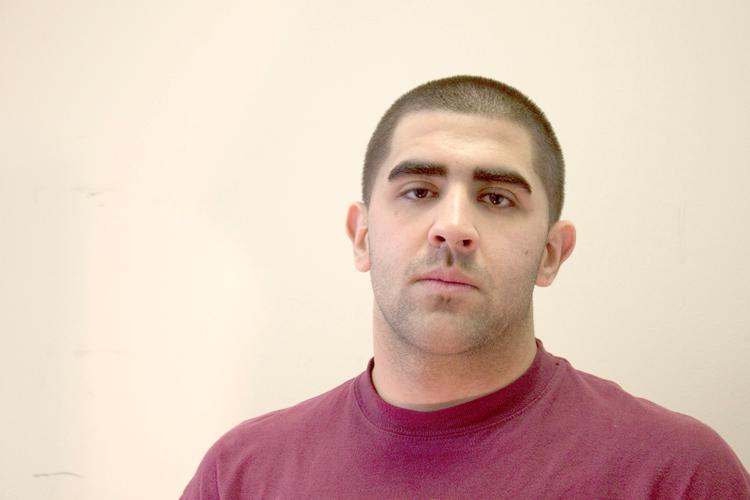Prior to the Arab oil embargo of 1973, Islam, the second most dominant religion on earth, had been an invisible religion to many Americans.
However, unfortunate incidents, such as the terrorist attacks on the World Trade Center on Sept. 11, 2001 increased the “American awareness” of Islam.
Further criticism from the media brought a negative connotation to the religion. Although this negatively impacted the image of Islam, it is ironic that the number of Muslim Americans has been increasing significantly.
Whether you like it or not, the spread of Islam has affected the U.S. economy, culture and population critically.
A true example of how Islam has affected our lives as Americans is the Cordoba House, also known as the ground zero mosque or Park51.
Many Americans believe that opposing the idea of a mosque in downtown Manhattan is the right thing to do, because they do not want terrorists to claim victory on American soil; or at least, that is what they hear every day on well-known channels.
Little do they know that what the so-called ground zero mosque is, first of all, not a mosque, not located on ground zero, that the building set to house the community center was heavily damaged during the attacks of 9/11, and that the new community center is open to the public.
The center will indeed have a prayer space for Muslims, but you cannot claim that it is a mosque just because of that. Would you call East Jefferson General Hospital a church because it has a chapel? Of course not, because the mission of the site is not directed toward converting people to Christianity.
In the same sense, the Islamic Community Center’s mission is to build bridges between religions and bring peace and awareness to the American public about the true image of Islam.
In his first public speech in 2011, imam Feisal Abdul Rauf, the imam of the Islamic Center in Manhattan, gave a very emotional and motivational speech to a crowd of more than 500 people in Dearborn, Michigan.
The speech was titled “The Need for True Collaboration Across Sectarian and Racial Lines to Achieve Islamic And American Ideals,” and its sole goal was to motivate people to see the beauty in others, respect other faiths and build bridges between religions; bridges that the media has destroyed over the years.
However, the people’s excitement did not last too long, because it was spoiled by a bunch that could not see, hear or think beyond the negative media frenzy surrounding the Islamic Center project.
The Virginia-based Christian Action Network was trying to convince people to watch a documentary, titled “Sacrificed Survivors: The Untold Story of the Ground Zero Mega-Mosque,” which portrays all Muslims as villains.
Indeed, the group was rejected by many, and many left voluntarily.
It is a fact that we all think differently and have different opinions on different matters, especially when it comes down to politics, ethics and most importantly, religion.
However, by all means, we must step outside of the box that the media is trying to lock our ways of thinking into, and think and analyze the circumstances surrounding any issue before judging it.
Kahled Badr is a biology sophomore.He can be reached at
kwbadr@loyno.edu
Belief at Loyola is a weekly column open to anyone in the Loyola community. Those interested in contributing can contact Religion Editor Garrett Fontenot at
gafonten@loyno.edu






